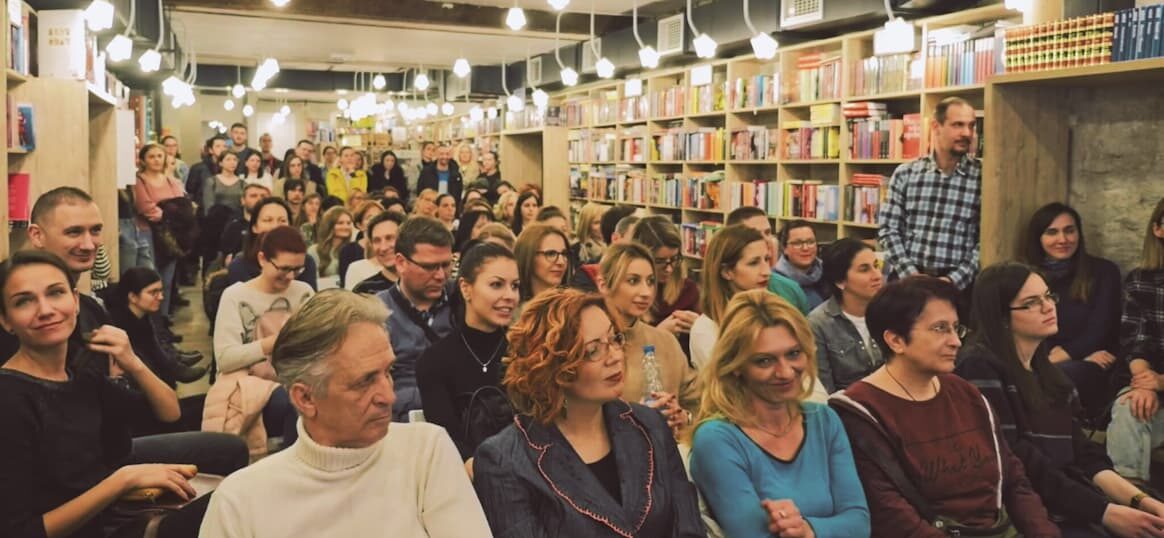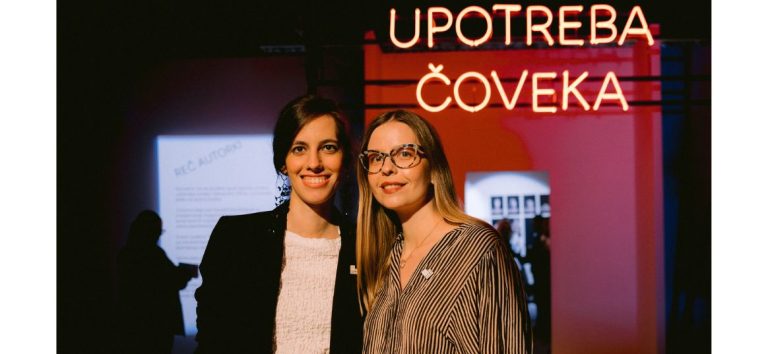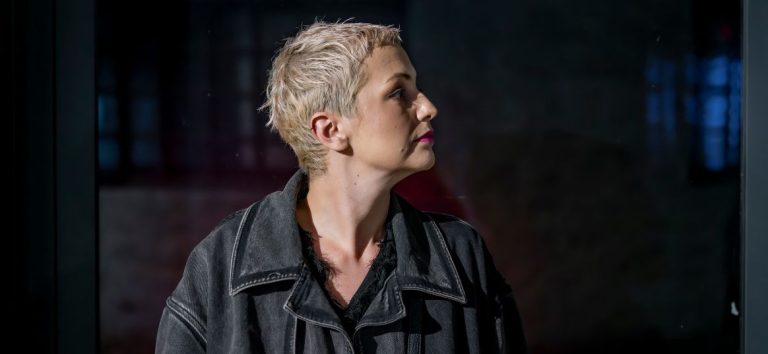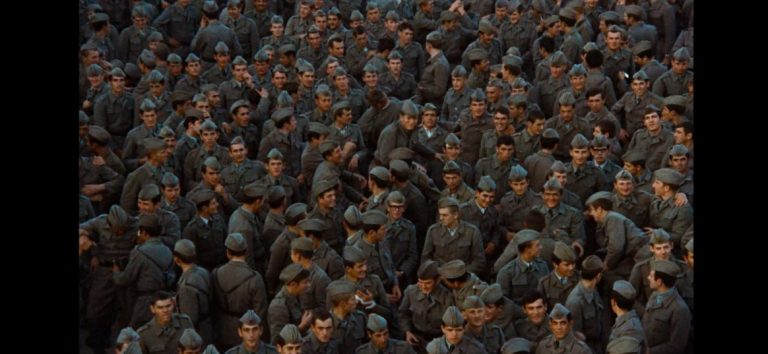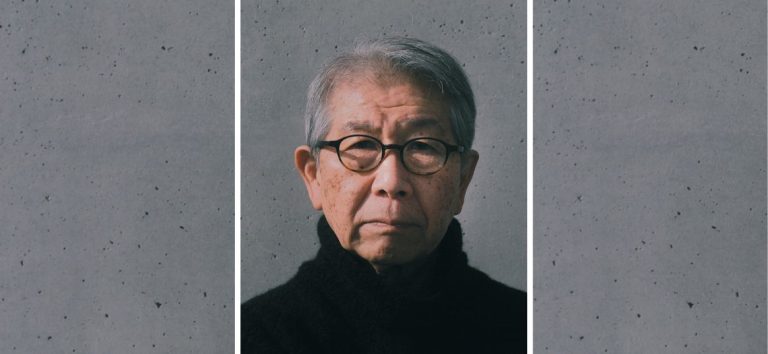Literature created by women has not been synonymous with margins for a long time: it is precisely this that puts domestic literary production in the European and global context by re-examining the dominant ideological models and implicit male-centric policies of exclusivity and violence.
The four-day festival Heroines at the Zenith, held from 9 to 12 June, opens a space for presentation, introduction and dialogue with important female prose writers, poets, literary critics, and publishing house editors with an unequivocally thoughtful and enlightened feminist view of the world.
Among the heroines of contemporary literature who come to Zenith are our interviewees, Bojana Denić and Ognjenka Lakićević.
As an internationally acclaimed German language translator, you have transformed your rich translation experience and love for East German literature into the micro-publishing house Radni sto. What are the challenges of women’s entrepreneurship, and small entrepreneurship in publishing in general?
Bojana Denić: It seems to me that one of the bigger challenges that small independent publishers face is how to keep a profiled programme. You invest so many resources to introduce new writers and non-commercial poetics and then, a couple of years later, someone else much bigger appears who understands that what you do is quality work and that it ‘sells well’, so they take the business over.
How did you establish the publishing policy of Radni sto? Does your translating experience affect your publishing work
Bojana Denić: The programme of Radni sto originates on the horizon of Literature Without a Country. As a Germanist, it was completely natural in the professional sense to lean toward GDR literature, but I am also publishing literature that today has a dialogue with the GDR poetics, for example, I’ll draw your attention to Clemens Meyer and Wolfgang Hilbig. Or, by the end of the year, to the poetic line Heiner Müller – Thomas Brasch – Christa Wolf, where dialogue is also initiated between the Radni sto editions. Radni sto has a separate edition for prose, an edition for drama and everything drama-related, and by the end of the year, we will launch an edition for poetry. In my case, translation experience is crucial for the publishing policy. I publish only what I have been seriously working on for decades.
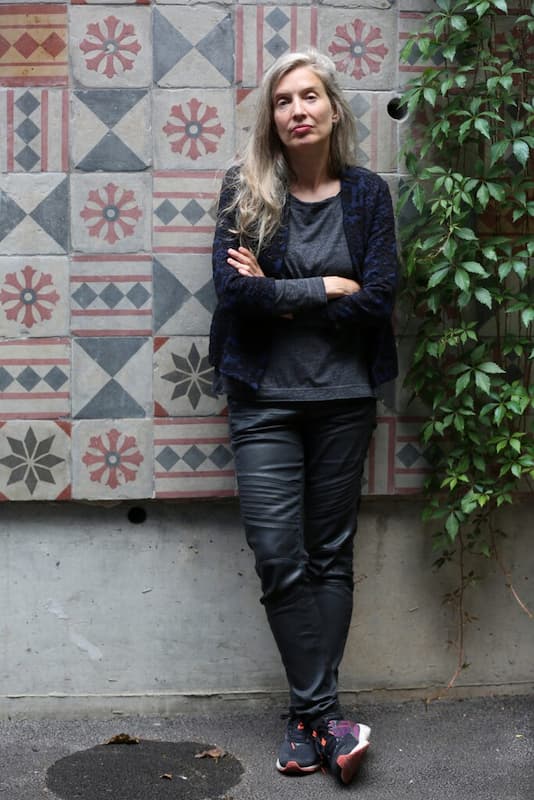
Bojana DenićOgnjenka Lakićević is a rock star of Serbian poetry, whose public readings were as popular as concerts. We asked her about her creative challenges and who her poetry addresses.
Ognjenka Lakićević: I think that the biggest challenges in the responsibility we have towards ourselves, to be the people who take care of their inner world, and therefore the outside world, the people worthy of poetry. I could write an essay on the everyday question of the meaning of writing in a world that is constantly collapsing, but I don’t see that that would change anything. I would say my verses speak to hypersensitive people. To those who do not feel at home in this world, to those who are affected by injustice, to those who say they feel ‘too much’ and think ‘too much’, to those who do not conform, to those who refuse to live up to society’s expectations, to those who cherish their own authenticity even though they know that it will cost them dearly, to the gentle and disobedient, and to those who desire true consolation.
Recommend us a poet who, in your opinion, has not yet reached the deserved popularity.
Ognjenka Lakićević: Almost no one I love has achieved the deserved popularity, the world is wrong. Pay attention to Maša and Marija Živković (sisters, but with different styles)

Ognjenka LakićevićBojana, who are the heroines of East German literature that you would like to see on our shelves and in literary conversations?
Bojana Denić: They are already at Radni sto: Krista Wolf and Anna Seghers. Brigitte Reimann is my great translation and publishing dream and plan.
What does the Heroines at the Zenith festival mean for our publishing climate, and what for Serbian poetry? How do you see female authorship at this point in our literary history?
Ognjenka Lakićević: Women’s authorship has always been rich and lavish, just like men’s, only numerically less represented. It’s a nice social moment to make some things right. It is time for both men and women to fight together against the patriarchy that crippled us all together, not men against women. As far as poetry is concerned, I dream of it really being all around us, because how else to survive?
Bojana Denić: Zenith’s programme for the independent publishing scene means a space for discussion in the spotlight on topics and problems that are not often present in public space. I look forward to it and thank you for the invitation.
Through the exchange of experiences of these and many other women from the book, unaffirmed and generally not equally recognised, the literary status quo will be deconstructed in front of (and with) the audience and a more inclusive, fairer alternative will be offered.
Festival programme:
9 June / 7 p.m. / Zenith Bookstore
Poetry Reading: Heroines on Stage
Participants: Ognjenka Lakićević, Sonja Jankov, Jelena Marinkov, Jelana Žugić, Ana Marija Grbić, Tijana Sladoje
Presenter: Dina Rašić
10 June / 7 p.m. / Zenith Bookstore
Panel Discussion: New Women’s Prose
Speakers: Mirjana Novaković, Ana Vučković, Nina Savčić, Katarina Mitrović
Moderator: Vladislava Gordić Petković
11 June / 7 p.m. / Svilara Cultural Station
Round Table: A New Reading of Literature
Participants: Tamara Krstić, Olja Petronić, Vladislava Gordić Petković, Vera Kopicl and Rebellious Readers (Irena Jovanović and Marija Božić)
12 June – 7-9 p.m., Zenith Bookstore
Panel Discussion: The Challenges of Publishing
Speakers: Aleksandra Rašić, Ljubica Pupezin, Bora Babić, Bojana Denić, Silvia Dražić, Vesna Kapuran
Moderator: Tamara Krstić
12 June / 9 p.m. / Zenith Bookstore
Musical Heroine
Concert of the Ana Ćurčin Trio
Author: : Kristina Kostić

